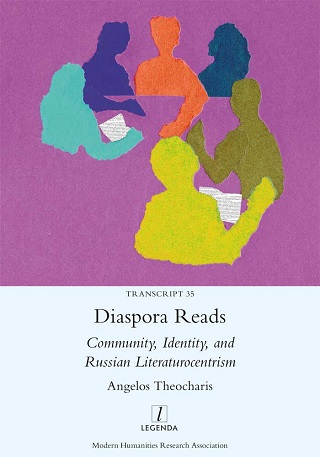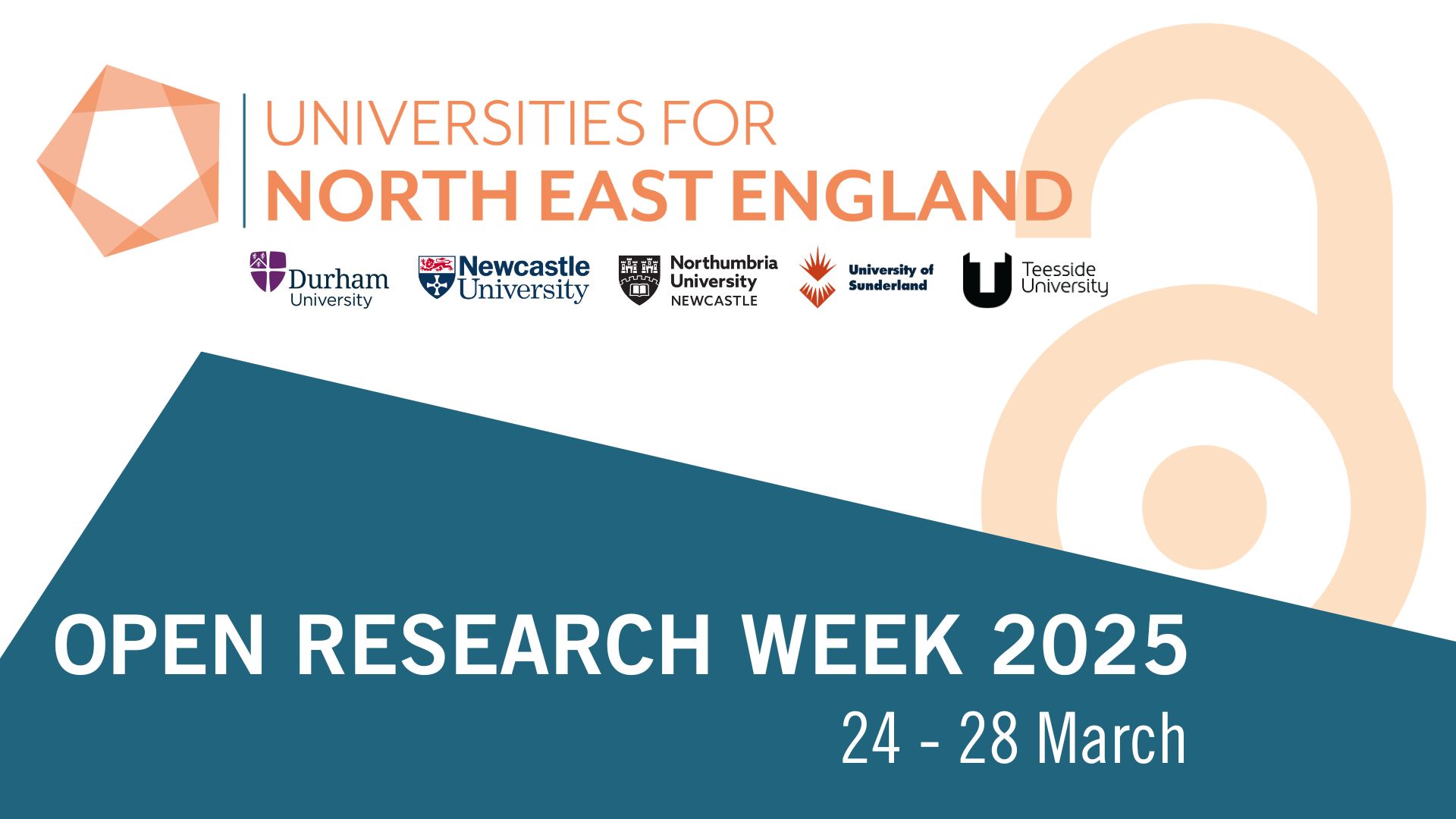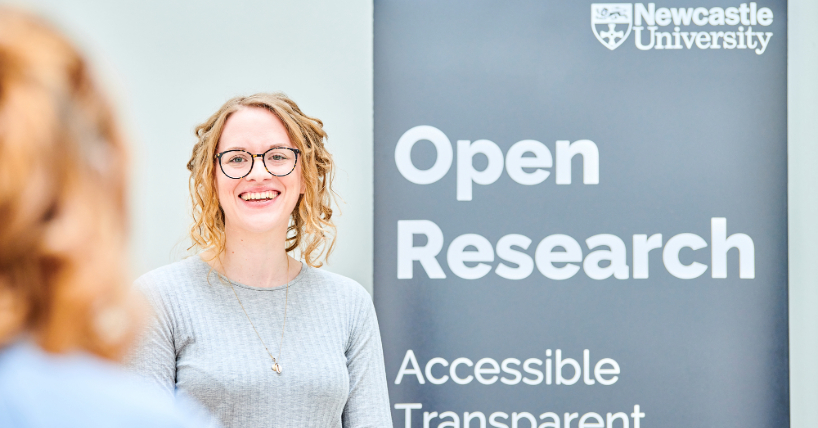Monday 9th June, 2025 14:00 – 15:00 (BST). Online.
In this interactive workshop Natasha Mauthner, Professor of Social Science Philosophy and Method at Newcastle University, will critically examine philosophical issues in open qualitative research.
The open research movement—encompassing its practices, policies, concepts, infrastructure, governance, guidance, protocols, and rationale—is rooted in an implicit positivist understanding of research. In contrast, qualitative research is grounded in a rich diversity of philosophical traditions, including positivism, interpretivism, social constructionism, phenomenology, hermeneutics, symbolic interactionism, postmodernism, poststructuralism, and deconstruction.
This workshop invites participants to explore the tensions between the normative, one-size-fits-all model of open research—often shaped by positivist assumptions—and the ontological and epistemological diversity of qualitative inquiry. How can qualitative researchers from various philosophical traditions meaningfully engage with open research practices? Conversely, how might the open research movement evolve to better reflect and support the complexity and pluralism of qualitative research?
Hosted jointly by Newcastle University and the University of Reading Qualitative Open Research group.





